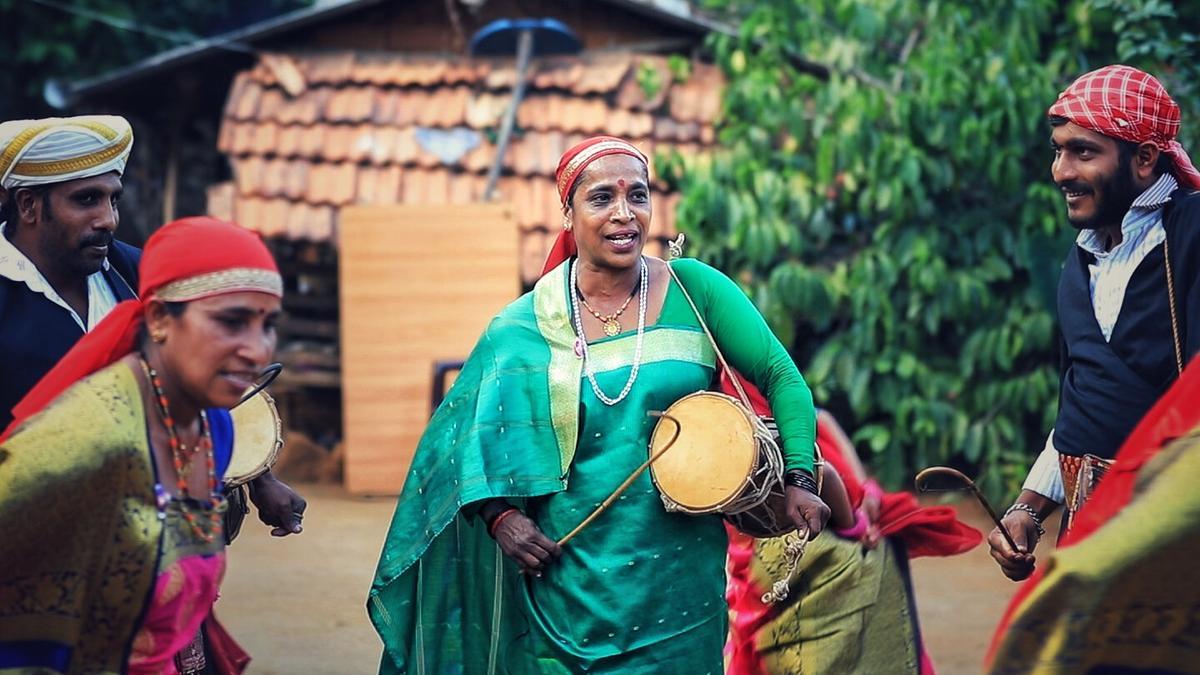
In a significant development concerning the ICC Women’s T20 World Cup 2024, Jay Shah, the Secretary of the Board of Control for Cricket in India (BCCI), has confirmed that India will not entertain the possibility of hosting the prestigious tournament if the venue is changed from Bangladesh due to recent political unrest. The decision comes in light of a series of escalating events in Bangladesh that have put the originally scheduled host nation in jeopardy.
Jay Shah made this revelation during an interview at The Times of India’s Mumbai office on August 14. He disclosed that the International Cricket Council (ICC) had approached the BCCI to discuss the feasibility of moving the event to India. “They [ICC] have asked us if we would conduct the World Cup. I have categorically said no,” Shah was quoted as saying.
The turmoil in Bangladesh began as a student-led protest against quotas in government jobs but quickly escalated into a larger, more violent movement that ultimately led to the toppling of Prime Minister Sheikh Hasina’s party, the Awami League. The severity of the conflict forced Hasina to seek asylum in India. In the aftermath, several countries, including the United States, issued travel advisories cautioning their citizens against visiting Bangladesh due to the civil unrest, crime, and terrorism concerns.
With the ICC Women’s T20 World Cup 2024 slated for September-October in Bangladesh, the ongoing conflict has made the event’s future uncertain. The ICC is now actively considering alternative venues to ensure the successful execution of the tournament. Shah explained that hosting the Women’s T20 World Cup in India was not a viable option due to several compelling reasons. “We’re in the monsoon season, and on top of that, we will host the women’s ODI World Cup next year. I don’t want to give any kind of signals that I want to hold consecutive World Cups,” he added, emphasizing the logistical challenges posed by such tight scheduling.
The statement from Jay Shah leaves the ICC with limited options within Asia. The two remaining alternatives for potential new hosts are Sri Lanka and the United Arab Emirates (UAE). Each of these locations presents its own set of challenges and benefits, which the ICC will need to weigh carefully before making a decision.
Moreover, Shah revealed that there has been no substantial communication between the Bangladesh Cricket Board (BCB) and the BCCI since the political unrest began.
. However, it’s important to note that Bangladesh is scheduled to tour India in September for a multi-format series encompassing two Test matches and three T20 Internationals. This series, Shah reaffirmed, holds significant importance for both nations. “We’ve not spoken to them [the Bangladesh authorities]. A new government has taken charge there. They might reach out to us, or else I will reach out to them. The Bangladesh series is very important to us,” he stated.
This stance by the BCCI comes on the heels of a troubled political scenario in Bangladesh, which has thrown their cricketing future into a state of uncertainty. The political disturbance has not only unsettled the local populace but has also raised concerns within the international sporting community. It highlights the interwoven nature of politics and sports, particularly in cases where national stability is compromised.
While the immediate focus lies on finding an alternative venue for the Women’s T20 World Cup, the broader implications are not lost on the cricket community. Hosting international events requires a level of stability and security that Bangladesh, at present, is struggling to provide. Consequently, the ICC faces a monumental decision that could affect the sport’s calendar and the participating teams’ preparations.
As the ICC deliberates its next steps, cricket fans worldwide remain on edge, awaiting news about the final venue for the Women’s T20 World Cup 2024. The tournament, a significant event in women’s cricket, is a critical platform for showcasing emerging talents and promoting the sport around the world. Ensuring its successful execution, regardless of the venue, remains the top priority for cricket’s global governing body.
In sum, Jay Shah’s announcement underscores the complexities involved in organizing international sporting events amid political instability. The BCCI’s refusal to host the Women’s T20 World Cup, despite being a cricketing powerhouse, reflects a cautious and pragmatic approach, prioritizing logistical feasibility and existing commitments over immediate reactive solutions. The cricketing world watches closely as the ICC navigates these tumultuous waters, striving to uphold the integrity and continuity of the sport.










